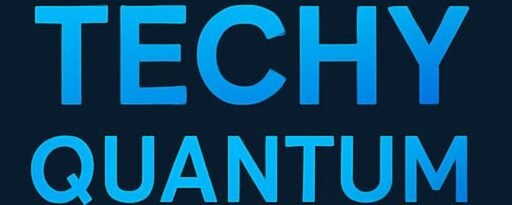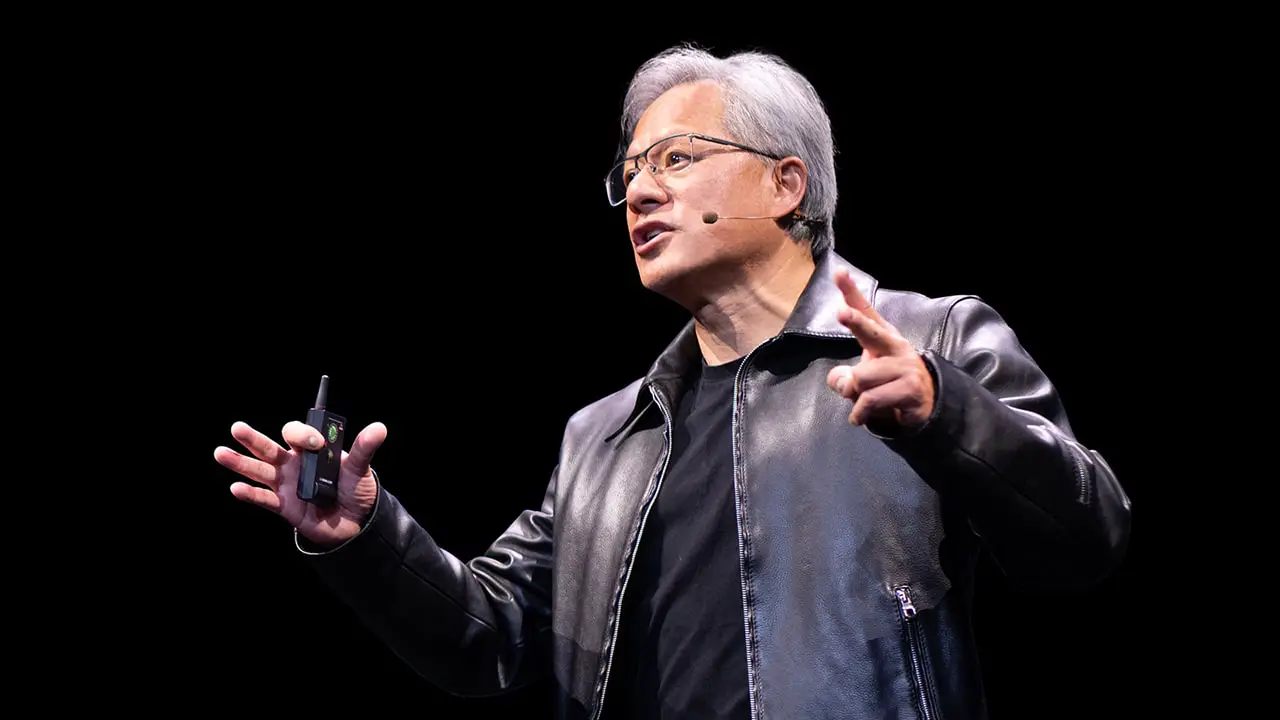In a rapidly evolving world of technology and geopolitics, Nvidia China talks have become a central point of discussion. Nvidia CEO Jensen Huang has stepped into the spotlight once again, working to calm Beijing’s fears over alleged security risks tied to its advanced H20 semiconductors.
These high stakes negotiations highlight not only Nvidia’s business challenges but also the wider tension between the US and China over artificial intelligence and semiconductors.
The significance of the ongoing Nvidia China talks cannot be overstated. The US government recently granted Nvidia permission to sell its H20 chips to China, despite pushback from American national security hawks who worry about military applications.
On the other hand, China’s Cyberspace Administration of China CAC has raised red flags, citing backdoor functions that could allegedly allow US authorities to track or disable the chips remotely.
Jensen Huang, however, firmly rejected these claims during his visit to Taipei. There are no such things. There never has been, he told reporters, stressing that Nvidia’s AI chips are free of hidden vulnerabilities.
Tech Rivalry Between Washington and Beijing
From Washington’s view, semiconductors are no longer just tools of innovation; they are strategic assets. National security experts argue that unrestricted exports of advanced chips could give Beijing an edge in military AI, surveillance, and autonomous weapons development.
For Beijing, access to cutting edge AI chips is critical for its ambitious AI 2030 plan, which aims to make China the world leader in artificial intelligence.
Restrictions imposed by the US only intensify China’s determination to build domestic alternatives while maintaining partnerships with companies like Nvidia.
The result is a delicate balancing act, where Nvidia must navigate between US regulatory hurdles and China’s demand for advanced computing power.
Dr. Michael Daniels, Technology Policy Analyst Nvidia’s approach to diplomacy through these Nvidia China talks is fascinating. They’re not just selling chips they’re negotiating trust between two rival superpowers.
Li Wei, AI Researcher in Beijing, In China, skepticism runs deep. Even if Huang says there are no backdoors, people wonder could there be something hidden? This is less about technology and more about sovereignty.
Financial experts warn that if these talks fail, Nvidia could lose billions in annual revenue. China accounts for a significant share of its sales, and failure to resolve tensions might push Beijing to accelerate self reliance in semiconductors, threatening Nvidia’s long term market share.
Huawei’s Push for Independence
A key case study that sheds light on this situation is Huawei. After US sanctions crippled its access to Western chips, Huawei poured massive resources into local chip development. Although its chips are still not as powerful as Nvidia’s, they are advancing steadily.
This trajectory suggests that if Nvidia China talks collapse, Beijing might double down on domestic innovation, leading to a permanent decoupling from US suppliers.
Unlike many US tech executives who keep distance from political matters, Huang has taken a hands on approach. Speaking from Taipei, he stressed Nvidia’s history of cooperation with China and his personal efforts to secure export licenses.
As you know, they requested and urged us to secure licenses for the H20 for some time, and I worked quite hard to help them secure the licenses, Huang explained.
This statement reveals not just a corporate leader protecting his company’s profits but also a negotiator trying to bridge an increasingly fragile geopolitical divide.
During Huang’s visit to Taiwan Semiconductor Manufacturing Company (TSMC), engineers highlighted the ripple effects of geopolitical uncertainty.
One senior engineer remarked, every time export restrictions shift or new security concerns are raised, our workflows are disrupted. The stress isn’t just on executives it filters down to the thousands of workers who depend on stable partnerships.
This personal account underscores how the Nvidia China talks are not abstract diplomatic events but real pressures felt across global supply chains.
Can Nvidia Win Both Sides?
The real challenge lies in whether Nvidia can walk the tightrope. If China is reassured Nvidia keeps a lucrative market open, but US regulators may become more cautious.
If the US tightens restrictions Nvidia risks being cut off from its biggest growth market. If trust collapses entirely China invests fully in its own chip industry, leaving Nvidia permanently sidelined.
This dilemma reflects the broader theme of globalization in retreat, where technology companies are caught in geopolitical crossfire.
Semiconductors have become the oil of the 21st century. Whoever controls their production and distribution will dominate the next wave of global power.
If the Nvidia China talks succeed, Nvidia could cement itself as a trusted partner in one of the world’s largest markets while keeping US regulators satisfied.
If not, we may see a rapid acceleration of China’s domestic chip ecosystem, further dividing the global tech landscape. The unfolding story of Nvidia China talks is about much more than the sale of semiconductors.
It is a test of diplomacy, corporate responsibility, and international trust in an age where technology doubles as both an opportunity and a weapon.
For Jensen Huang and Nvidia, the stakes could not be higher. The outcome of these negotiations will shape not only the company’s future but also the trajectory of US China relations in artificial intelligence for years to come.

